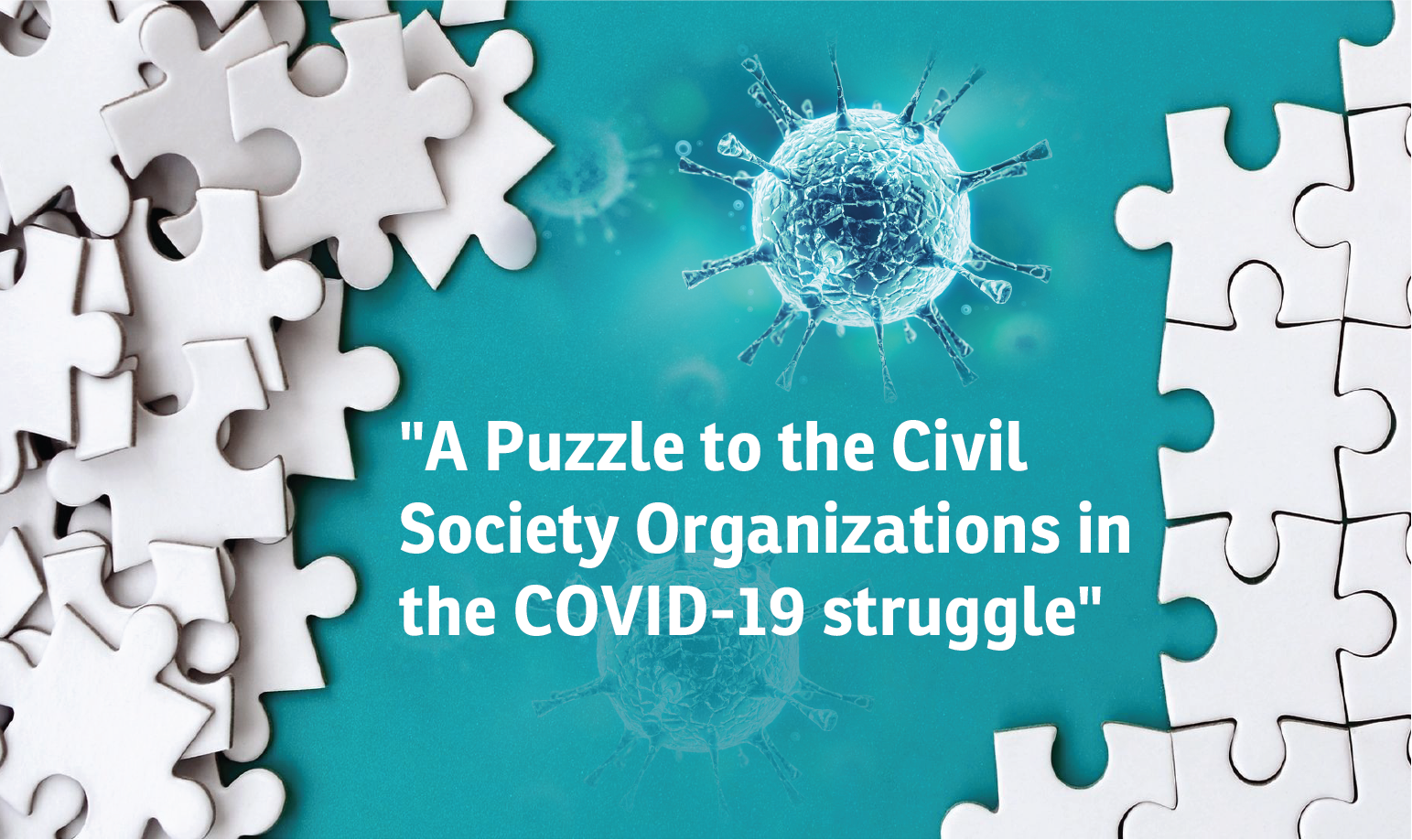Countries around the world have enforced total or partial lockdowns to curb the spread of COVID-19 pandemic for months now. This is believed to allow governments to control the situation and treat patients by desperately trying to minimize new infections and avoid overcrowding of health facilities and causing more deaths. In many African countries, governments involved law enforcement organs or even the army to reinforce the imposed lockdown measures. Whether appropriately used or not, governments are expected to exercise their powers to ensure the health and safety of their citizens.
The COVID-19 circumstances have not probably been imagined before. Even scientists and health experts are struggling to understand this invisible enemy. In the normal circumstances, non-state actors should have approached governments suggesting how inclusive decision-making should have been done or even observing whether lockdown measures ensure the weak ones and the voiceless are looked after. However, conditions imposed by this health crisis have jeopardized almost every one’s work. Now the question is who will play the responsibility to hold governments accountable during the crisis?
A research conducted by Never Again Rwanda and Interpeace in 2019 suggests that non-state actors especially the Civil Society organizations, originally have the functional responsibility to improve citizens’ life through service provision, to increase awareness and develop skills through citizenship education, to be the voice for the voice-less and promote public accountability as well as shape public policies.[1] Without seeking to evaluate whether those responsibilities were fulfilled in the normal times, it is evident that the capacity and means for such actors, in the COVID time, is even more jeopardized.
Most of the non-state actors have excessively relied on the use of conventional engagement approaches which include meetings, training, one on one convening, you can name it and only few of them have thought of consistent ways for creatively reaching out to their constituency and stakeholders through distant communication, hence making it particularly difficult to continue their interventions. One may ask whether these essential actors have identified ways to remain active while everyone is supposed to stay at home.
The UN Special Rapporteur on the rights to freedom of peaceful assembly and of association earlier in April 2020 indicated that “Civil Society organisations are key in helping States to frame inclusive policies, disseminate information, and provide social support to vulnerable communities in need”[2] While indicating his concern on the current situation, he therefore said “No country or government can solve this health crisis alone and I am concerned about worrying trends and limitations emerging from civil society reports around the world, including on civil society’s ability to support an effective COVID 19 response”.
Whether imposed by limited funding or lack of creativity in supporting governments to deal with COVID 19 and its expected mega effects on already impeded social justice, it is highly important to reflect on how to support non-state actors especially the Civil Society to deal with their limitations. With this in mind, experts suggest that any measures to respond to the COVID 19 still need to be implemented through a human rights-based approach which considers the place of the most vulnerable women and men and others, in the entire response process as well as the aftermath of the pandemic.
Although there is no documented evidence of coordinated reflection on the adaptation of civil society during the COVID 19 crisis, organizations in Rwanda have joined the efforts being in educating the citizens about preventive measures or providing humanitarian support through food distribution to the needy mainly through the collaboration with local government authorities. Others have been diffusing messages of peace and urging the communities to curb stigma to the sick and quarantined “suspects” [3] to name but a few.
Despite the efforts in place, civil society experts are questioning the level of sustainability of civil society’s work during and after COVID 19. Those entities are likely to face serious impediments as majority of them receive their funding from the international donor agencies, most of which are likely to adapt their funding guidelines in response to the pandemic hence diverting their attention. For example, Celestin Nsengiyumva said in his article “As the world is dealing with the crisis and economic recessions resulting from the COVID 19, the leading pandemic today, the funding from these donor communities to local NGOs in Rwanda is likely to decline.”[4]
The likelihood of Civil Society dwindling in Rwanda and all over the world is a double-view mountain; on one side it increases the existing critics on their roles given the limitations as the saying goes in Kinyarwanda “ni ko babaye” that is how they have always been while on another, it pushes social justice, already believed to be a sinking boat, further down.
By Eric Mahoro
[1] NAR and Intperpeace. (2019). the role of civil society in enhancing citizen participation in governance and development in the Post-Genocide Rwanda.
[2] https://reliefweb.int/report/world/covid-19-restrictions-should-not-stop-freedom-assembly-and-association-says-un-expert
[3] Term often used to the people who may have been in contact with Covid 19 positives but have not been tested yet.
[4] https://www.dmeforpeace.org/resource/how-local-non-government-organizations-in-rwanda-ngos-are-affected-by-covid-19/


